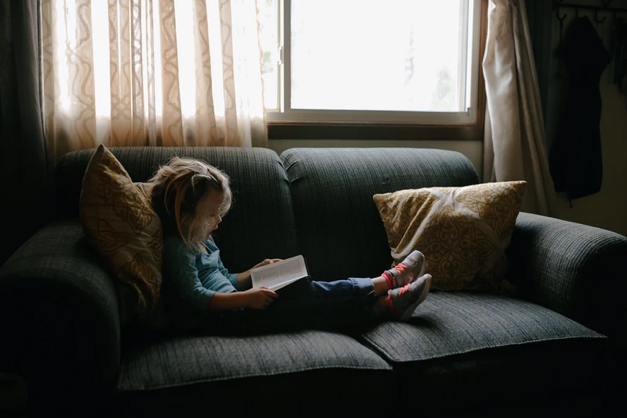The Impact of School Closures on the Attainment Gap: A Rapid Evidence Assessment from EEF
Earlier this week, the Education Endowment Foundation (EEF), an independent charity dedicated to breaking the link between family income and educational achievement, released a rapid evidence assessment focused on the impact of school closures on the attainment gap.

What is the Rapid Evidence Assessment?
This rapid evidence assessment provides a balanced assessment of what is known (and not known) about the impact of school closures on attainment in a variety of contexts through a systematic search of existing literature and quantitative studies. Whilst not a direct study of the impact of school closures due to COVID-19, the EEF hopes that its findings will provide essential context for the decisions to come now pupils are returning to school.
The assessment identifies eleven studies that provided quantitative evidence about the impact of school closures on attainment gaps. Studies came from a range of contexts including school closures caused by adverse weather, hurricanes, teacher industrial action, and pandemics; but, the most robust estimates came from studies of summer holidays for primary aged pupils. Consequently, the briefing cautions that recommendations should be viewed as 'an imperfect guide' and do not aim to inform decisions about when pupils return to school, which should be based on pupil and teacher safety.
According to the review, two factors affect learning while pupils are at home: remote learning and parental involvement. Crucially for disadvantaged pupils, EEF highlights that these pupils have less access to teaching than their peers due to reduced access to technology, which exacerbates the impact of closures on the attainment gap. Moreover, evidence shows that parental involvement, notoriously challenging for schools to increase, is critical for academic outcomes and EEF includes resources for schools on supporting parents during school closures.
Key findings and implications
Primarily, school closures are likely to reverse progress made to close the gap in the last decade since 2011. The EEF estimates that closures will widen the attainment gap between disadvantaged pupils and their peers by a median estimate of 36%. Although the estimated range on gap widening varied substantially between studies (11% to 75%), it is clear that any regression will significantly impact the most vulnerable in society.
The EEF also found that supporting effective remote learning will mitigate the extent to which the gap widens, a reassuring conclusion for families and educators across the country. Of most importance to this are the presence of the elements of effective teaching, such as clear explanations, scaffolding and feedback. In the assessment, the EEF posits the value of online tuition as a way to supplement support for disadvantaged children. It was subsequently announced on Wednesday 3rd June that a partnership between the EEF, Sutton Trust, Impetus and Nesta will bring high-quality tutoring to up to 1600 pupils in disadvantaged communities over the coming weeks as schools begin to open.

"sustained support is to be crucial, as it is unlikely that a single catch-up strategy will be sufficient to compensate for lost learning due to school closures."
Finally, and perhaps most crucial for Education moving forward, that sustained support will be needed to help disadvantaged pupils catch up. Catch-up provision, including assessment of lost learning and targeted support will be essential. The EEF identify four key areas central to supporting catch-up of attainment after pupils return to school including targeted support, and professional development. The assessment also recognises that the issue of high levels of pupil absence may continue after schools formally open which poses a particular risk for disadvantaged pupils. Therefore, sustained support is to be crucial, as it is unlikely that a single catch-up strategy will be sufficient to compensate for lost learning due to school closures.

Education Endowment Foundation
Impact of school closures on the attainment gap: Rapid Evidence Assessment, London: Education Endowment Foundation (2020).


